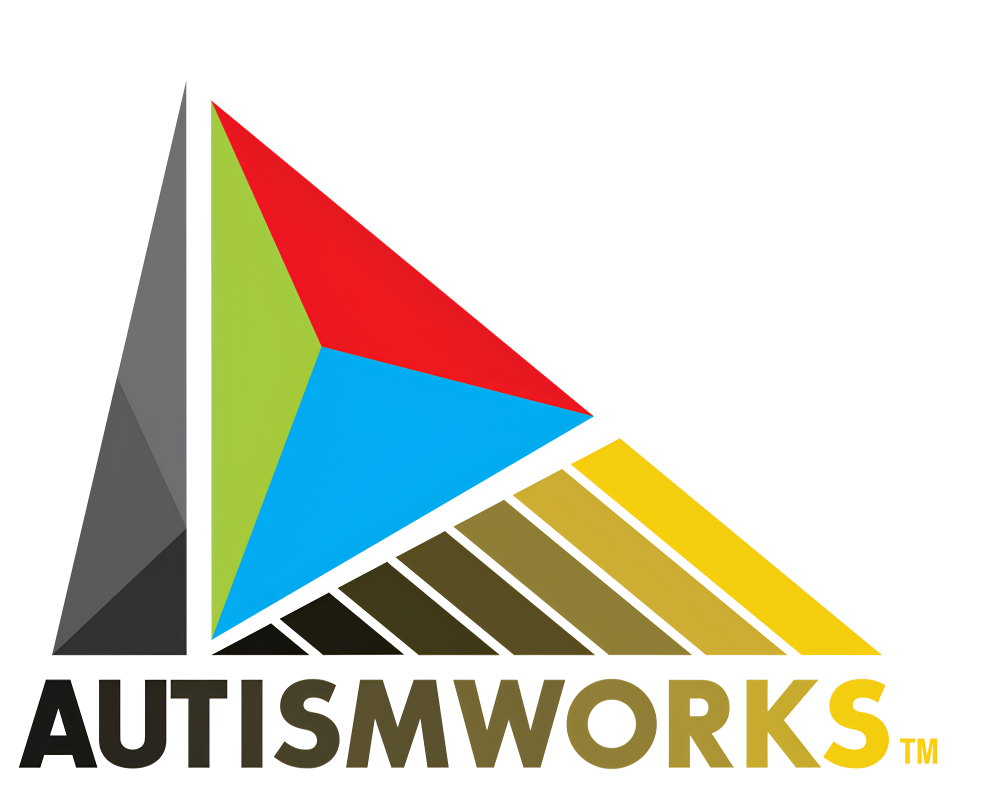Embracing Neurodiversity: Understanding and Communicating
Hello AutismWorks Community,
Neurodiversity is a term that celebrates the unique ways people think, learn, and interact with the world. It acknowledges that brains are as diverse as the individuals they belong to, and that’s something to embrace. In this edition, we’ll explore what neurodiversity means, why it’s important to accept and celebrate neurodiverse individuals, and how to communicate effectively, keeping in mind the key role that eye contact can play.
What is Neurodiversity?
Neurodiversity refers to the natural variation in how people’s brains work. It includes individuals with autism, ADHD, dyslexia, and other neurological differences. These differences are not “deficits” but rather unique perspectives that bring value and innovation to the world.
Understanding neurodiversity means recognizing that diversity in thinking and learning is just as important as cultural or physical diversity. It challenges the idea of a “normal” brain and instead promotes the idea that every brain is valid and worthy of respect.
Why Being Neurodiverse is Okay (and Amazing)
It’s more than okay to be neurodiverse—it’s something to celebrate. Neurodiverse individuals contribute incredible strengths and insights that enrich our world.
- Unique Problem-Solving: Neurodiverse people often approach problems with creativity and out-of-the-box thinking.
- Specialized Interests: Focused passions can lead to deep expertise in specific areas, which can benefit communities, workplaces, and more.
- Resilience and Adaptability: Navigating a world that doesn’t always fit their needs helps neurodiverse individuals build strength and adaptability.
By celebrating neurodiversity, we create a more inclusive and innovative world where everyone’s strengths are recognized.
The Role of the Eyes in Communication
Eye contact is a powerful tool in communication, but it can mean different things for neurodiverse individuals. For some, maintaining eye contact feels natural and intuitive, while for others, it can be overwhelming or distracting.
Here’s how to approach eye contact in a way that respects neurodiversity:
-
Understand Preferences
Not everyone communicates with eye contact. Some people may prefer to focus on other cues, like tone of voice or body language. Respect individual preferences and avoid forcing eye contact. -
Use Alternatives
If eye contact feels uncomfortable, look for alternative ways to connect, such as nodding, smiling, or gesturing. These can convey warmth and attentiveness without creating stress. -
Encourage Communication, Not Perfection
Effective communication is about understanding and being understood, not about following rigid social rules. Encourage open and comfortable dialogue, regardless of whether eye contact is involved.
Tips for Communicating with Neurodiverse Individuals
Effective communication with neurodiverse individuals involves understanding and adapting to their needs. Here are some helpful strategies:
- Be Direct and Clear: Neurodiverse individuals often appreciate straightforward communication. Avoid vague language and express your thoughts clearly.
- Listen Actively: Pay attention to both words and non-verbal cues. Show that you value their perspective by acknowledging their contributions.
- Be Patient: Allow extra time for responses, especially when processing information or formulating thoughts. Patience fosters trust and understanding.
- Avoid Assumptions: Every neurodiverse individual is unique. Avoid making assumptions based on labels or stereotypes, and instead, get to know the person as an individual.
Celebrating Neurodiversity in Daily Life
Incorporating neurodiversity into our everyday lives can create a more inclusive and compassionate world. Here are some ways to celebrate and support neurodiverse individuals:
- Promote Inclusion: Create environments—at home, school, or work—that welcome and support people with diverse needs.
- Educate Others: Share knowledge about neurodiversity with friends, family, and colleagues to foster greater understanding.
- Amplify Neurodiverse Voices: Support and celebrate neurodiverse creators, professionals, and community members by recognizing their achievements and contributions.
The Power of Embracing Neurodiversity
Neurodiversity is a beautiful part of what makes us human. By embracing and celebrating these differences, we create a world where everyone has the opportunity to thrive. Effective communication, understanding, and respect are the keys to building connections and fostering growth within the neurodiverse community.
Let’s continue to work together to create a world where neurodiversity is celebrated, not just accepted. Together, we can make sure everyone’s voice is heard, understood, and valued.
Warm regards,
Tyler McNamer



Responses